Social justice movements have been gaining momentum in the world, from #MeToo to the Black Lives Matter rallies, businesses are being forced to care about more than just their environmental footprint (about time if you ask us) and take a long internal look into their practices and values. Does a company’s leadership reflect who they serve when it comes to inclusion? Do marginalized communities feel welcome in the space? Are global corporations actively adding to the climate crisis instead of trying to mitigate it? If you’re a business reading this, or a consumer and you’re not already asking yourself those questions, there’s no better time to start than the present!

The latest wave of CSR (Corporate Social Responsibility) asks companies to align ethics with their outcomes.
“Corporate social responsibility describes a businesses’ efforts to make a positive impact on their communities and the world”
- Nivi Achanta, Soapbox Project Founder.
These efforts can look vastly different. Some corporate social initiatives can provide donations, while others encourage employees to volunteer within the community. The common trend here though is that increasingly, businesses are focusing on their long-term impact. Being focused on the bigger picture, so to speak, is leading businesses to actions such as (but not limited to) reducing waste throughout their supply chain, shifting to open hiring practices and committing a portion of every sale to an aligned organization. Ever see or hear of 1% for the planet? They’re a prime example of such an organization that’s “putting people and the planet over profit” - their membership model drives critical philanthropic support for the most urgent environmental issues currently facing our world. Ultimately, what we’re saying here is that the most effective CSR strategies take a comprehensive approach that considers sustainability, ethics and values.

Consumers have the power to demand accountability to ensure that their $$$’s aligns with a brand's efforts - and they are. 61% of consumers today have stopped buying from brands that do not align with their sustainability values. It’s clear businesses need to give the people what they want in order to stay relevant in an era of consumers who actual give a ?.
“Why settle for anything less than a brand that has integrity, respects the environment that it operates in, treats its people fairly and respects the world that they live in?”
- Rachel Barton, Managing Director at Accenture, in Forbes
Well, we shouldn’t.
Why is CSR Important?
We want to make it clear that corporate social responsibility starts with the individuals. If you’re not advocating for the change you want to see, established companies just won’t go out of their way to enact positive change. After all, companies can only be as financially successful (or in this case, ethically or environmentally harmful) as the number of consumers who support them. Kate Mikesell, VP of Global Corporate Responsibility for Hilton Hotels says “We know the success of our business is linked to our ability to operate and grow sustainably.”
They know it, and we know it - so raise those voices up and demand better.
A perfect example of how to do it: According to the NRDC, “The top 15 U.S. food and beverage companies generate nearly 630 million metric tons of greenhouse gases every year.” To put that into perspective for you, that’s more greenhouse gases than all of Australia. So, if organizations are responsible for such damaging outcomes, then they should also be a part of the solution - straight forward enough right? In this case, question what those companies are doing to limit their emissions and even offset them altogether.
And guess what? We are being heard. After facing mounting pressure from consumers in 2018-2019, McDonalds in the UK switched to paper straws instead of single-use plastic. Dick’s Sporting Goods had its best quarterly sales in years after announcing it would remove firearms following the Parkland tragedy. Products marketed as “sustainable” grew nearly six times faster than its non-sustainable alternatives. So companies doing better for the planet and its people, are simultaneously also doing better for their business.
What about Greenwashing?
We hear you, no one likes a greenwasher - especially here at Arbor. To cut through potential greenwashing and false claims, you’ll really have to cut through them. Trust us, they don’t make it easy for you. The key here is about understanding a company’s commitment to CSR.

Image @project_stopshop
Here are some things you can look for:
- Transparency: Transparency is a huge indicator that a company is actually walking the walk and not just talking the talk. You can be 100% sure that if a company has put in the time & effort to abide by ethical and sustainable practices throughout their business practices, they will be sharing this information with their consumers. Check out their website or social media and praise away!
- Certifications: A simple thing to look for are legitimate certifications such as B Corp or GOTS. These certifications are conducted by third parties who have an intensive vetting process and require re-certifications.
- One thing to keep in mind is that these credentials are priiceeeyyy, so not all eco-friendly brands have a label to flaunt, but this shouldn’t discredit the positive work they’re doing.
- Conversely, big companies sometimes claim to have these certifications when they really don’t (ew) so have a look at their website and any products claiming to hold these standards and once you know, you know.
- Imagery & Language: One of the most apparent strategies is the over-use of symbols associated with nature - no surprise there. This can include imagery such as landscapes, leaves and the colour green - a lot of green. Pair that with a deep-dive into the language they use… think “Our eco-conscious products are made with respect for people and the planet” and then no follow-through with explicit metrics can be a red flag. (And seeing nothing at all is a major red flag, too!) Instead, search for specific verbiage like a company’s sustainability goals or efforts to date.
- Company leadership: Important questions to ask here are - Does it represent the community they serve? If it’s publicly traded, do your values align with the owners? Does the brand focus on equity and inclusion, rather than only “diversity”? Are they saying one thing and doing another?
Not loving what you find when you look into brands and companies you currently support? This is where I loop back in the importance of becoming advocates for the change we want to see, this is the root of where CSR really starts. Ask for more transparency, raise specific questions and push a company to take responsibility for their environmental and societal impacts.
Measure your carbon emissions with Arbor
Simple, easy carbon accounting.
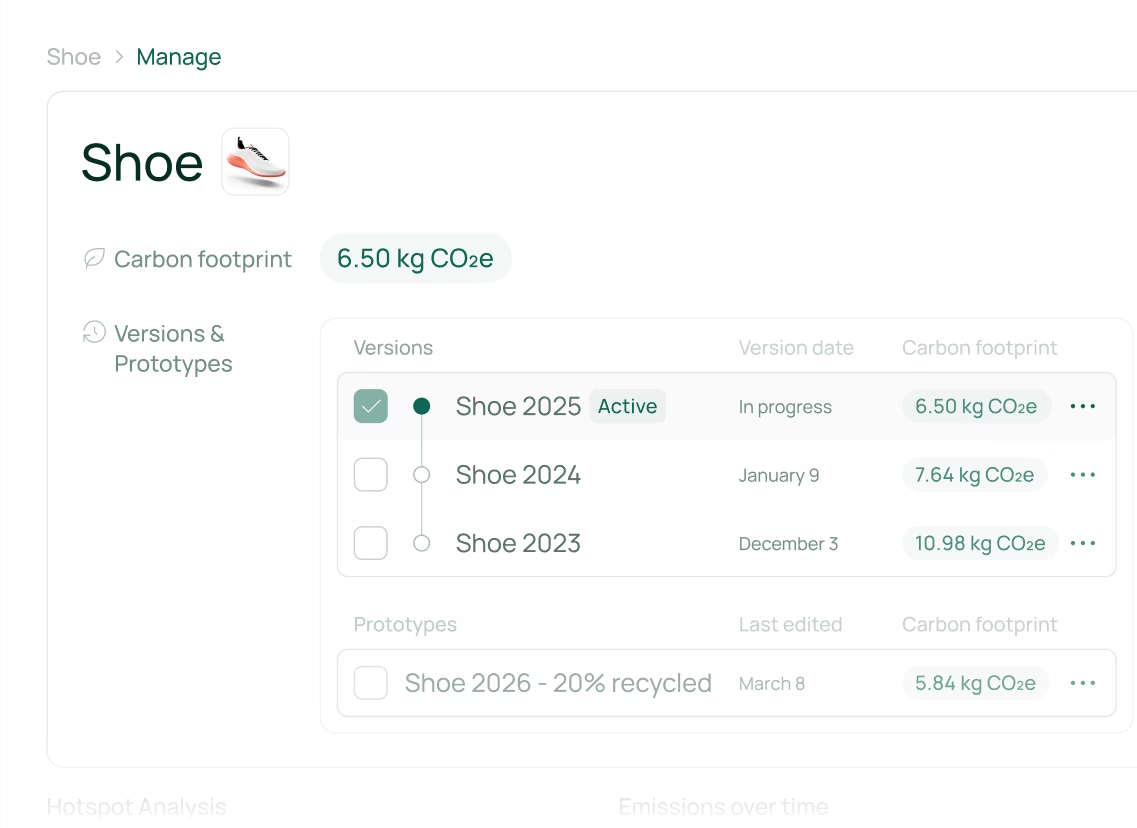







.webp)
%20Directive.webp)


.webp)
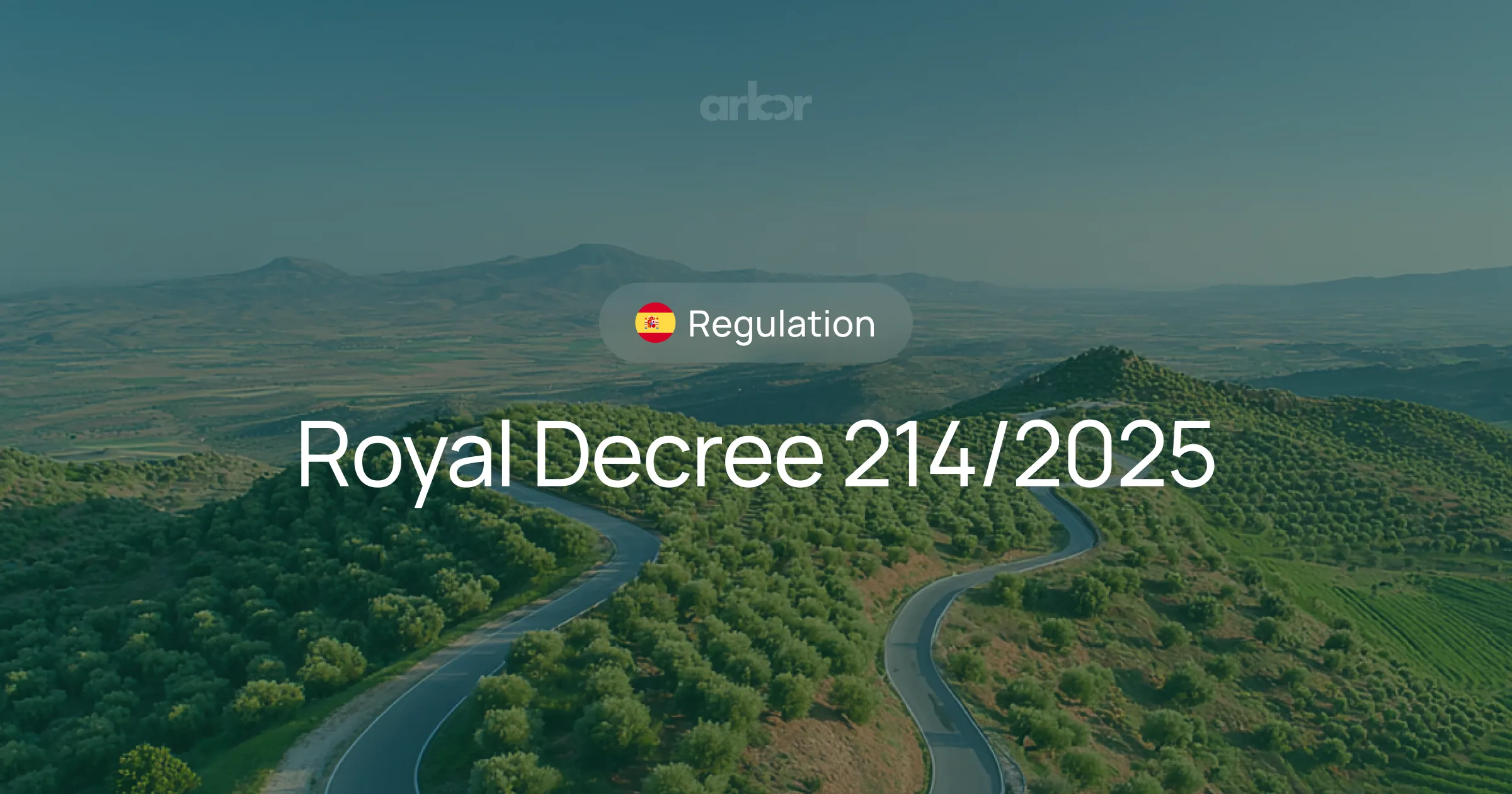
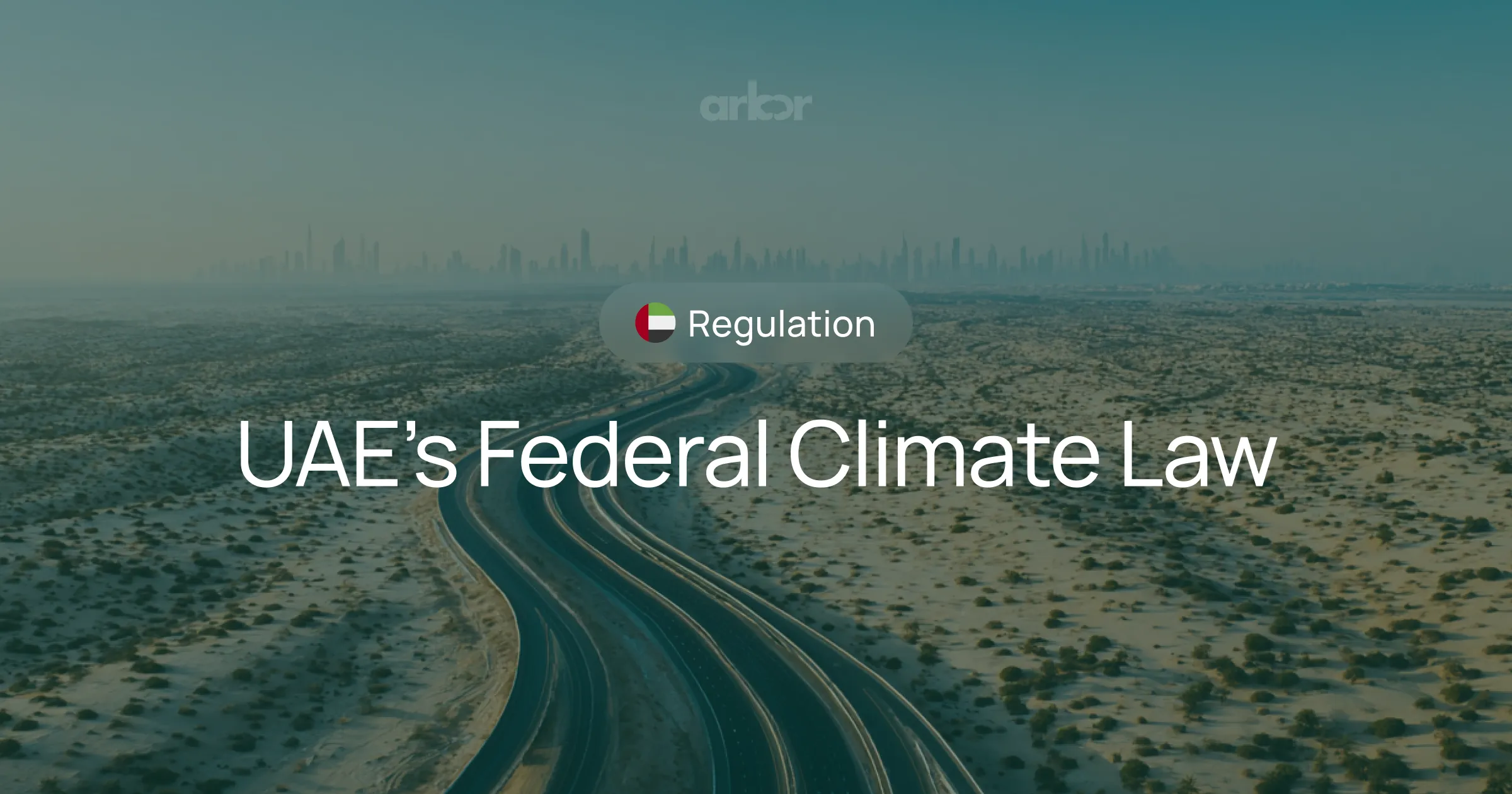
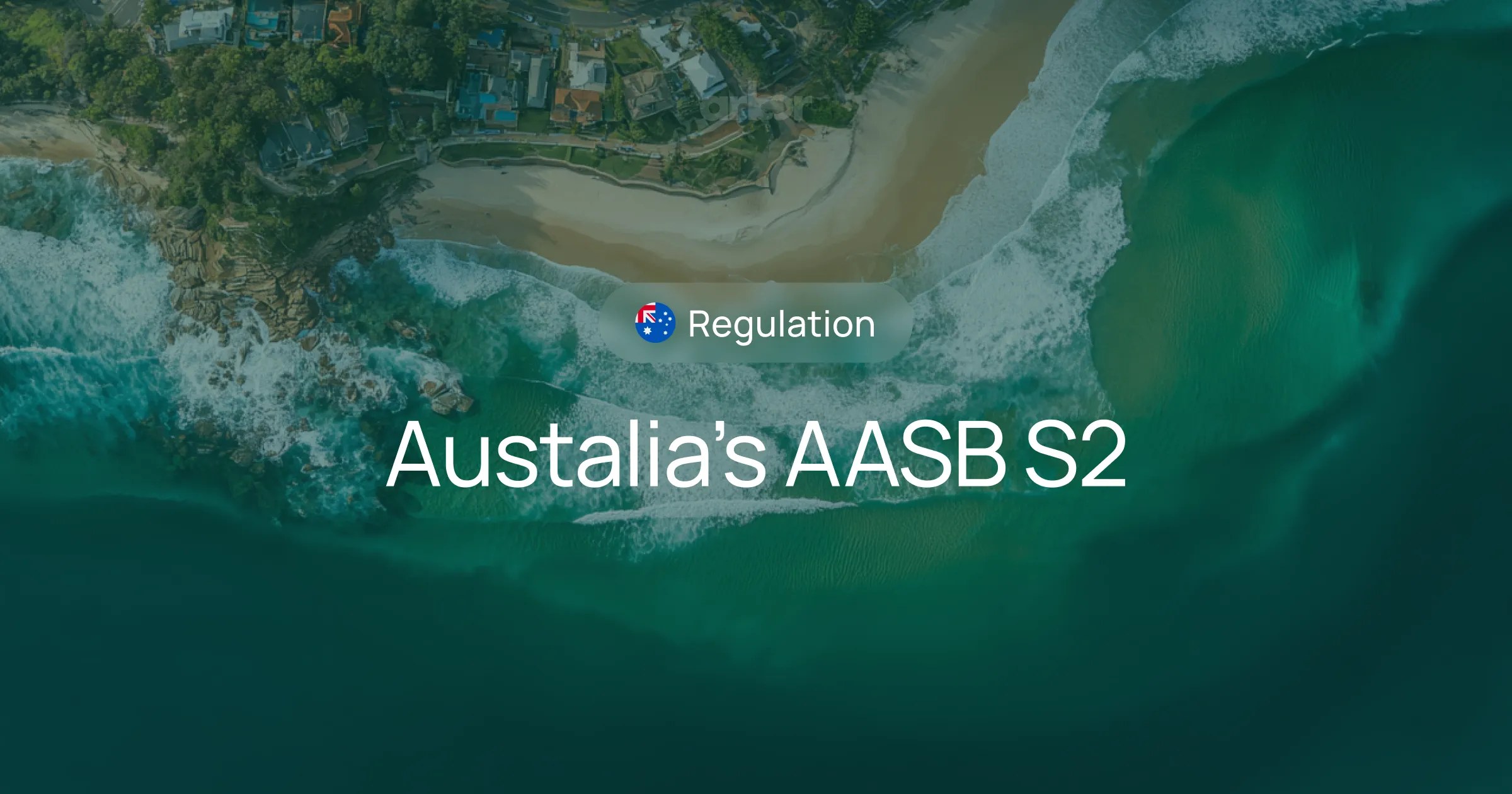

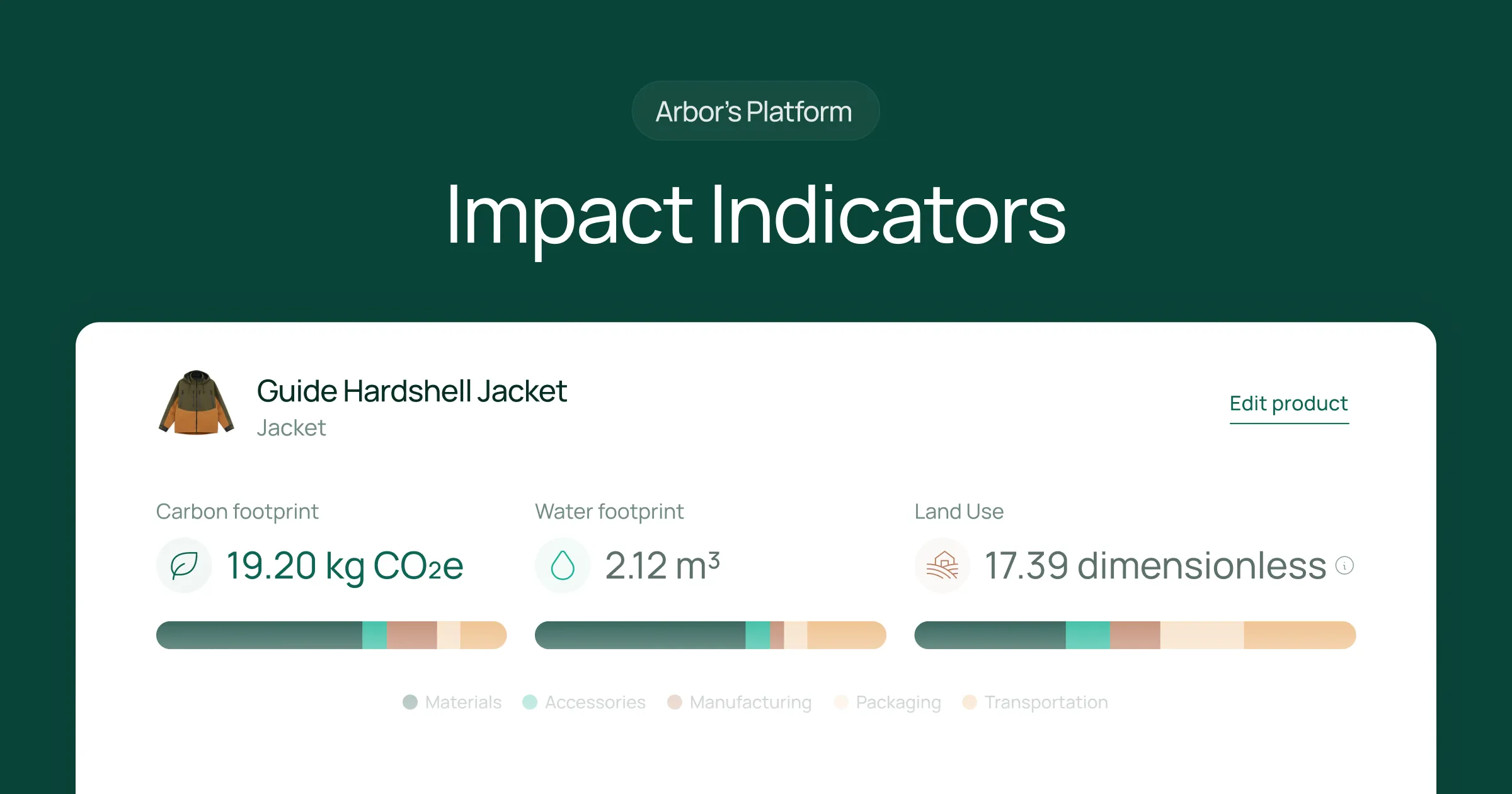
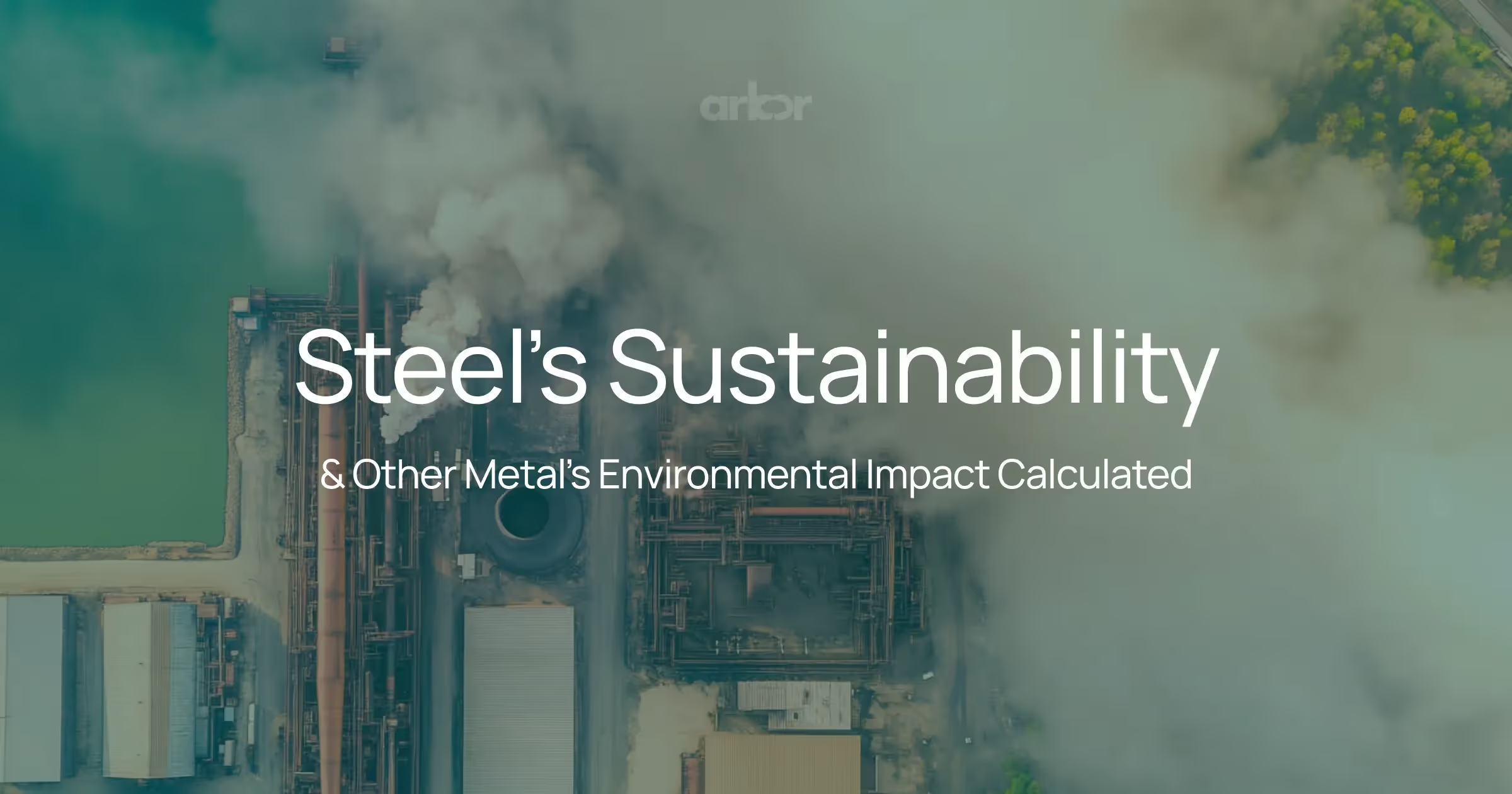

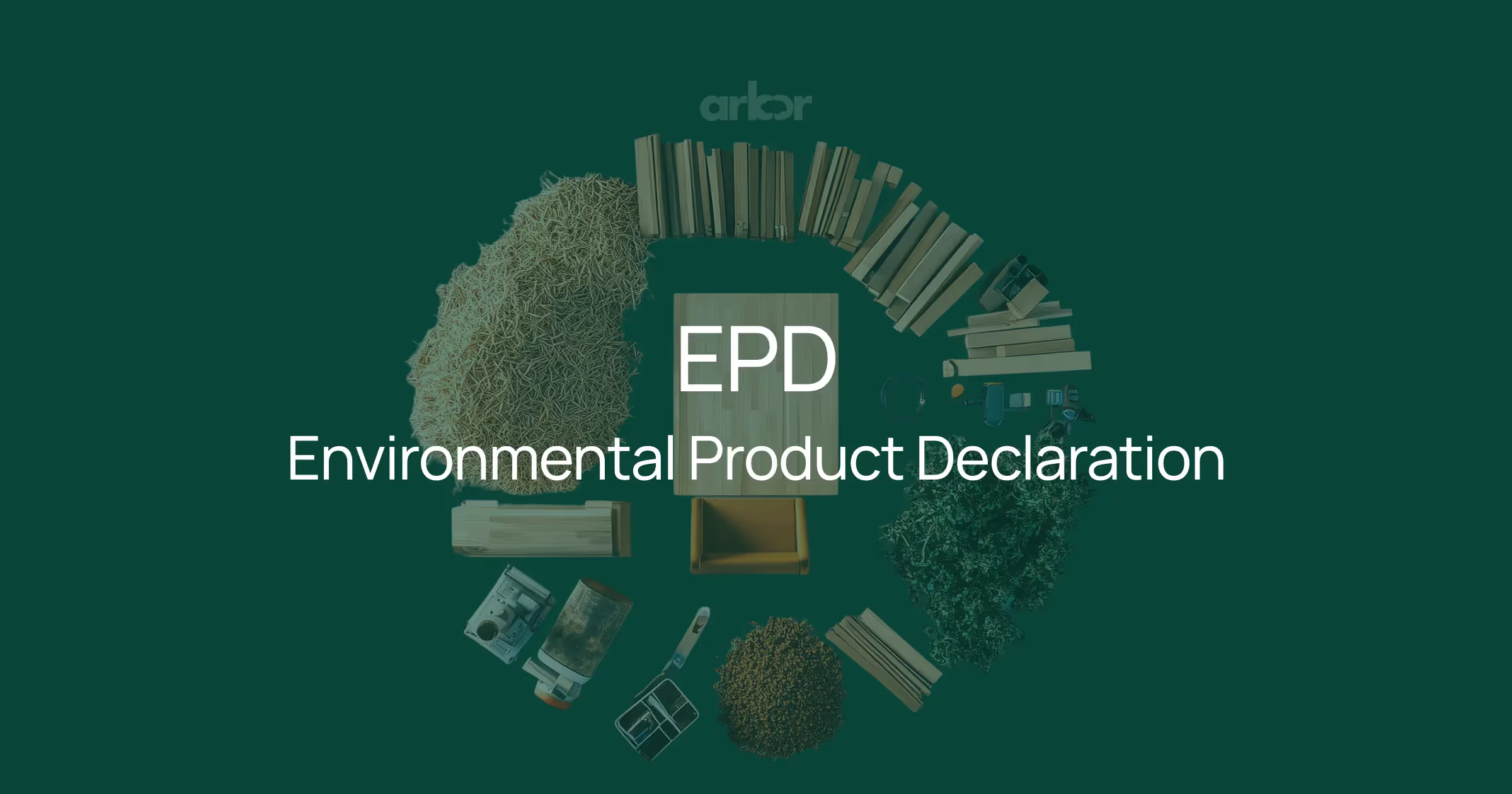
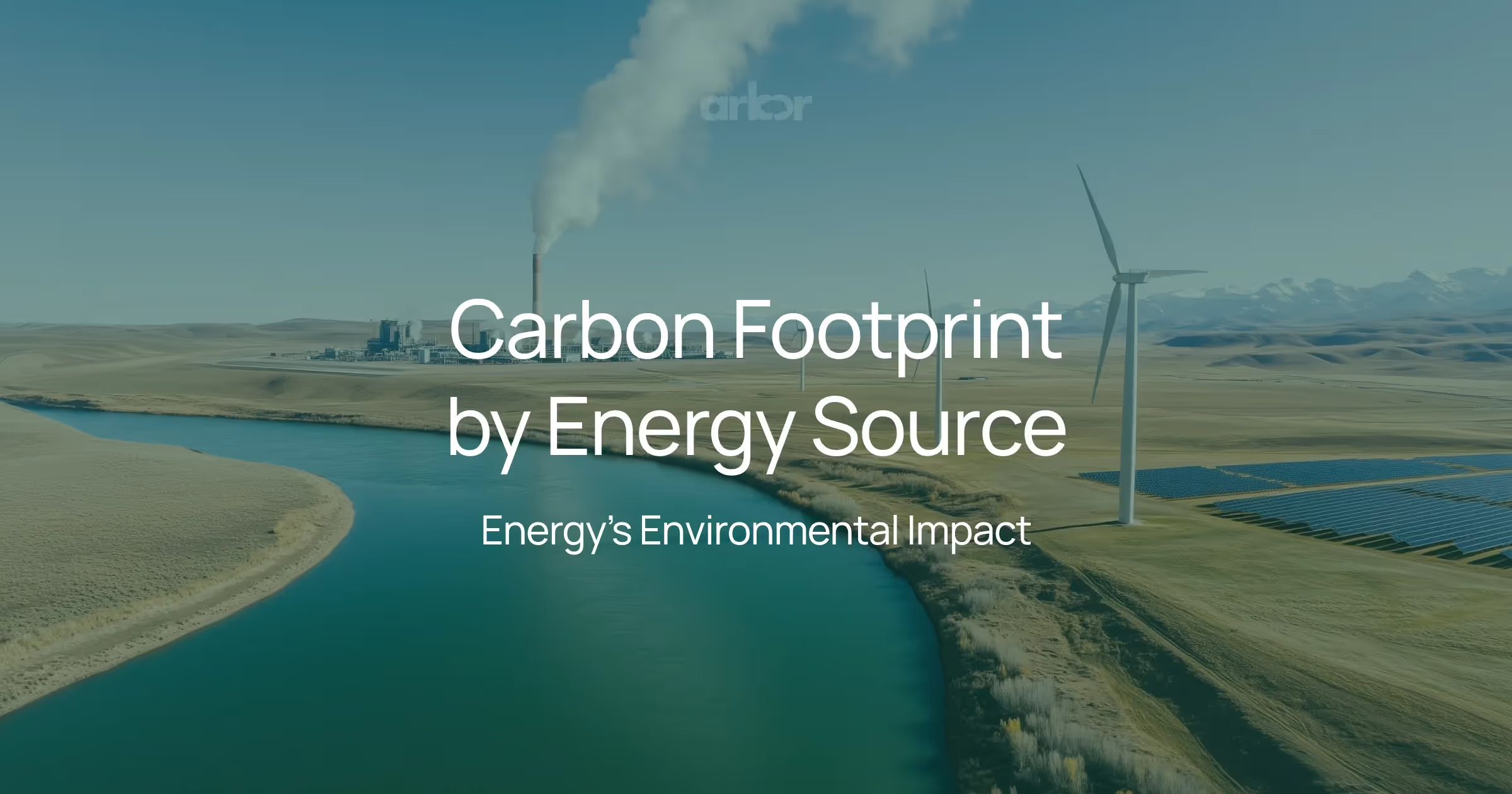


%20Arbor.avif)
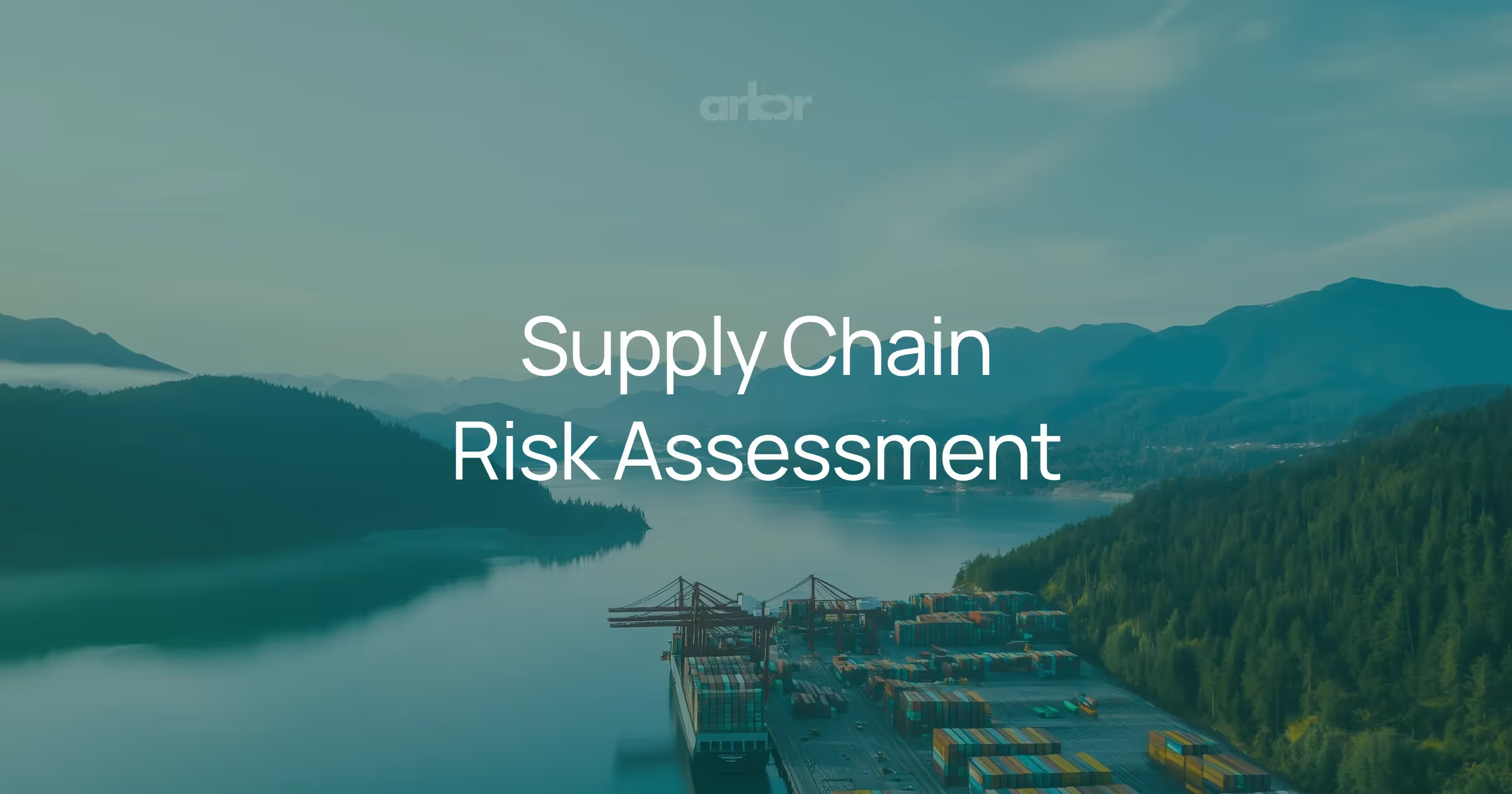
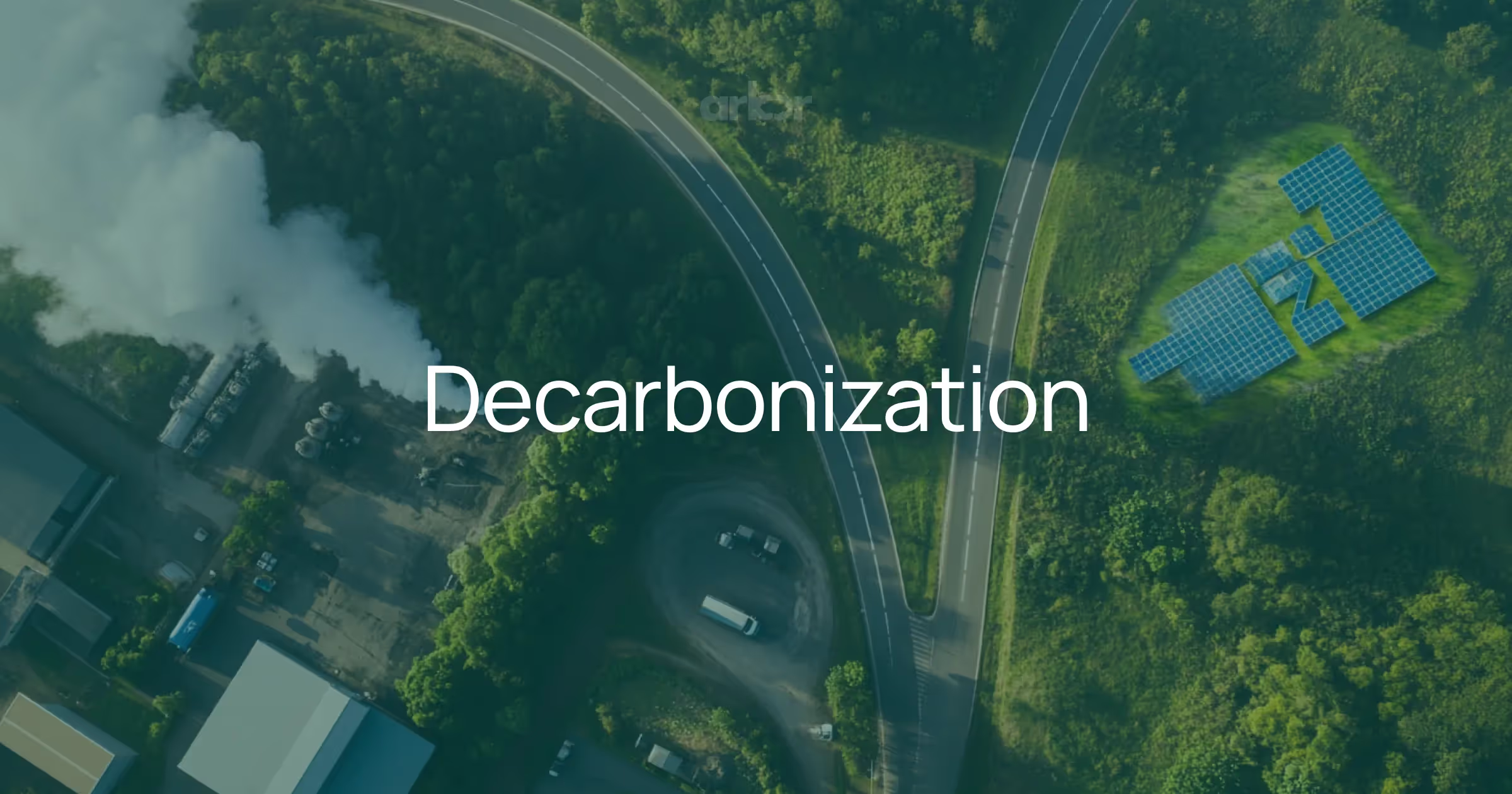
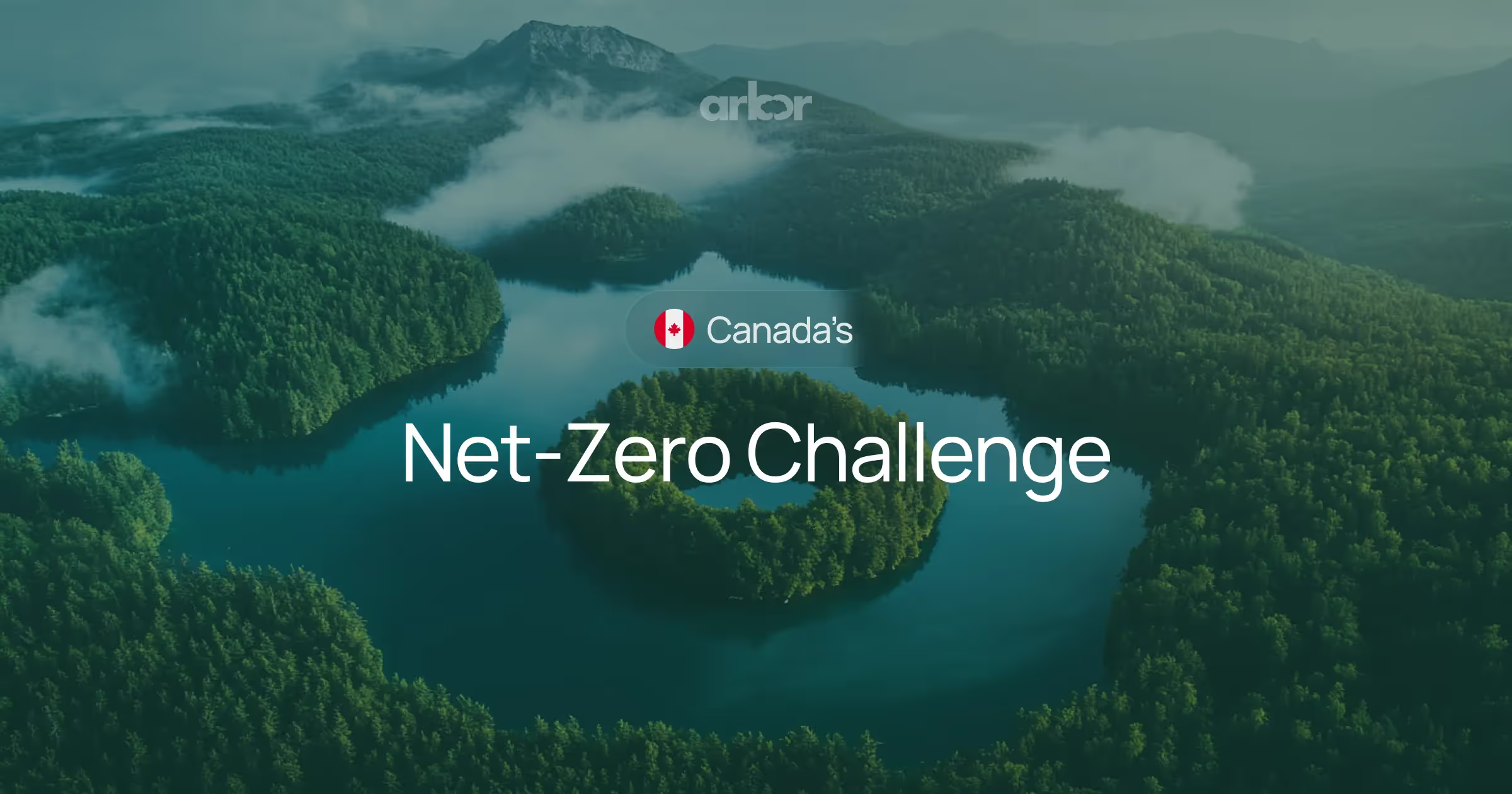
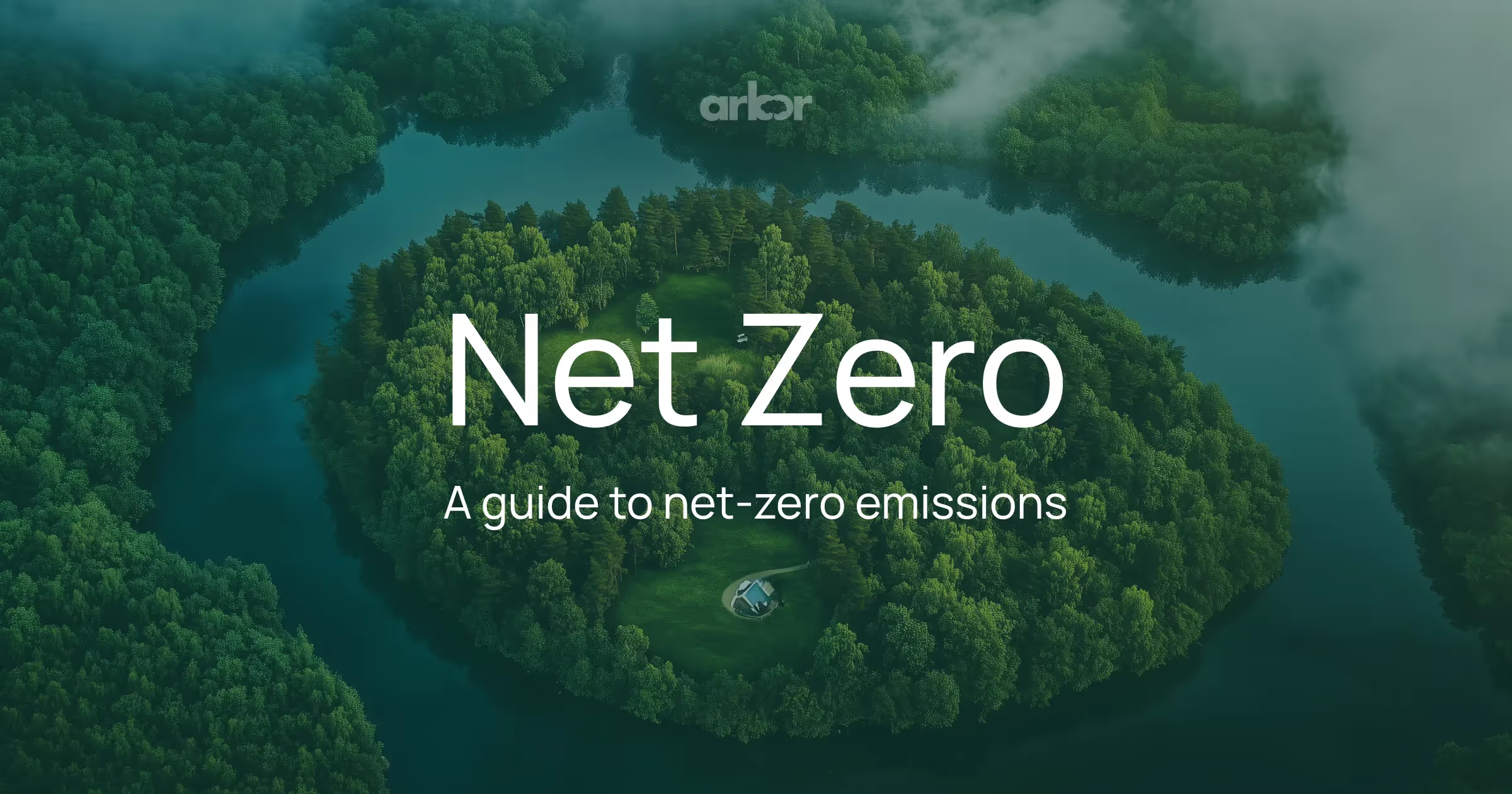

%20Arbor.avif)
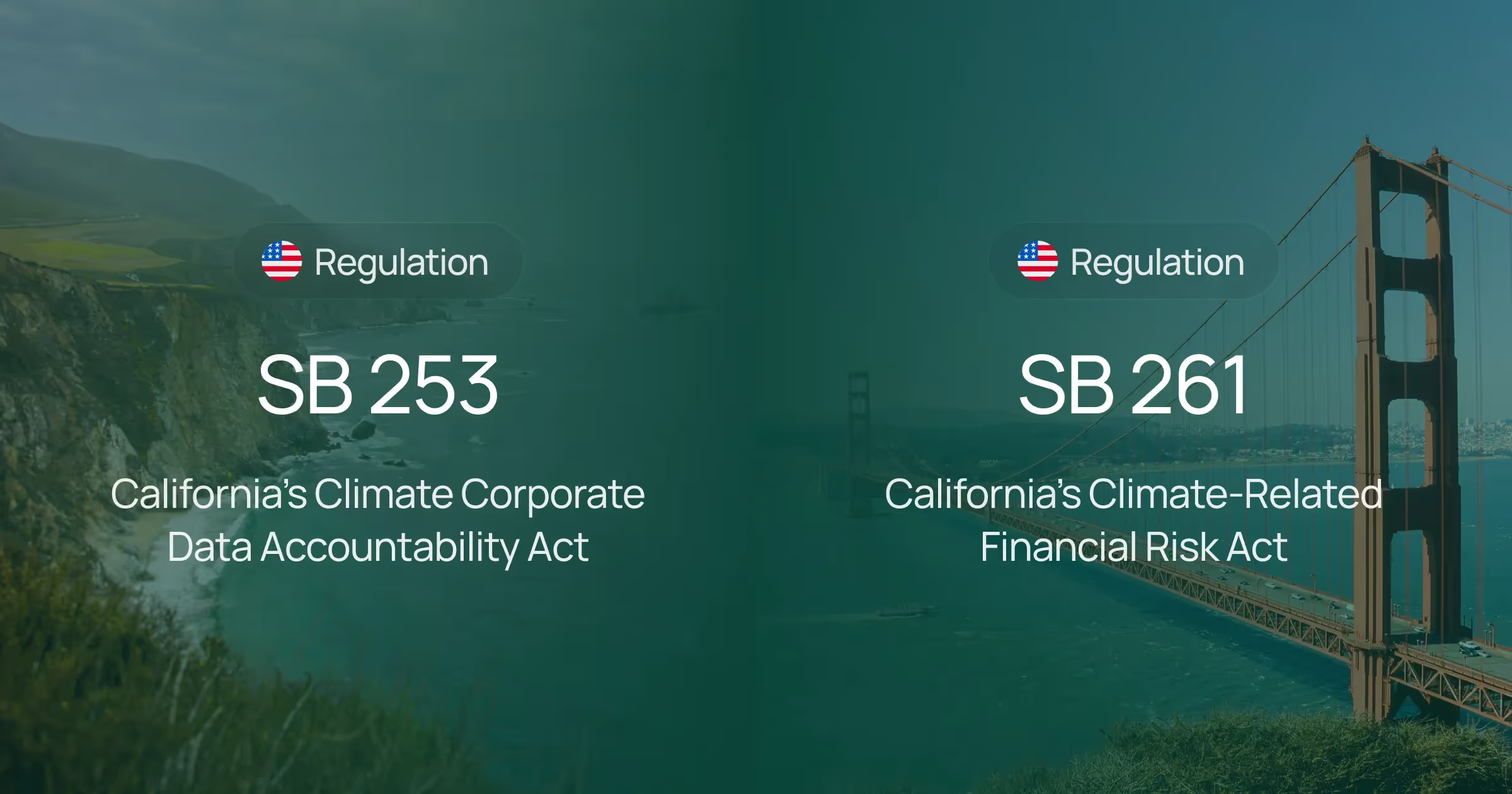

.avif)

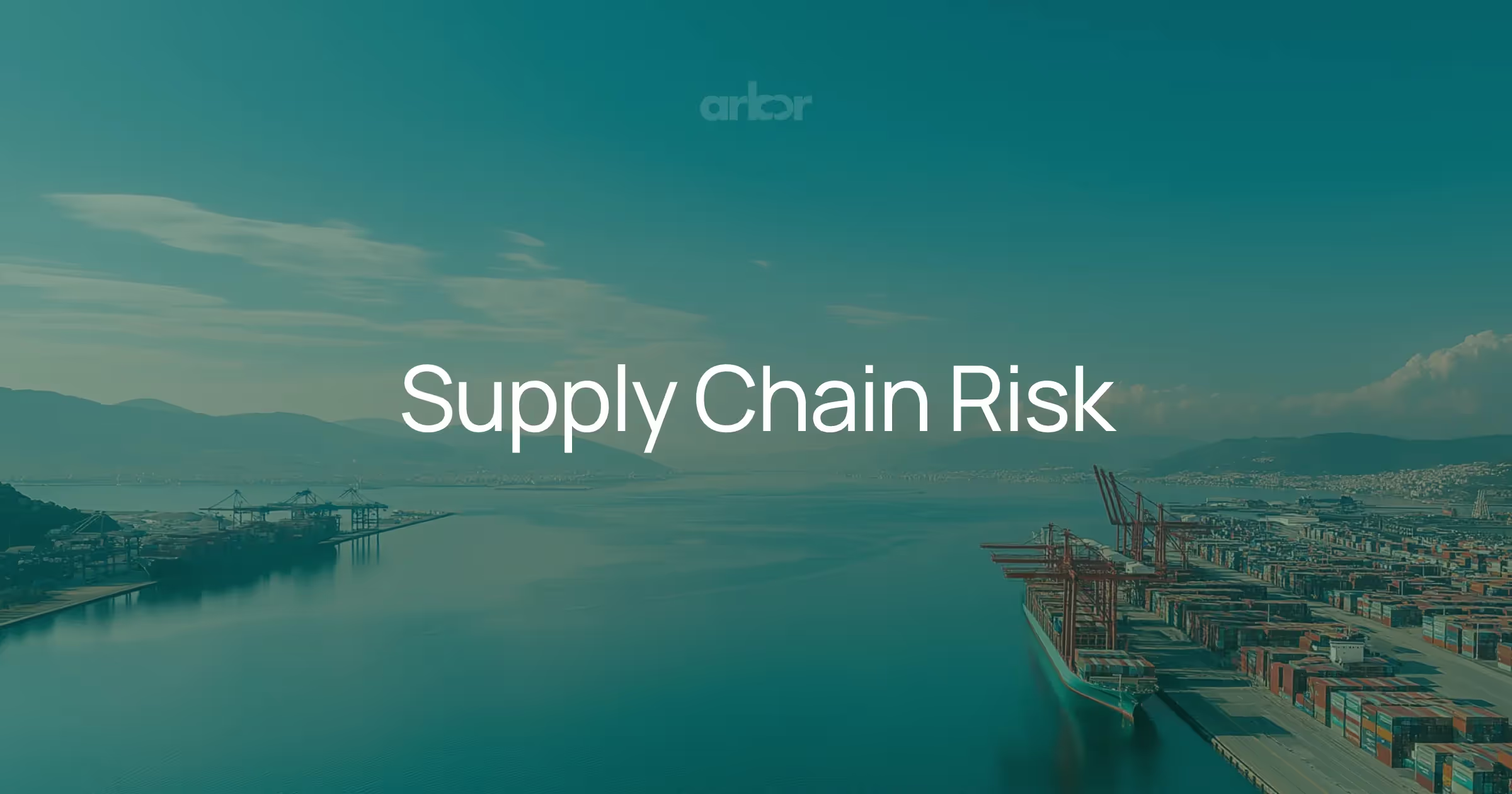
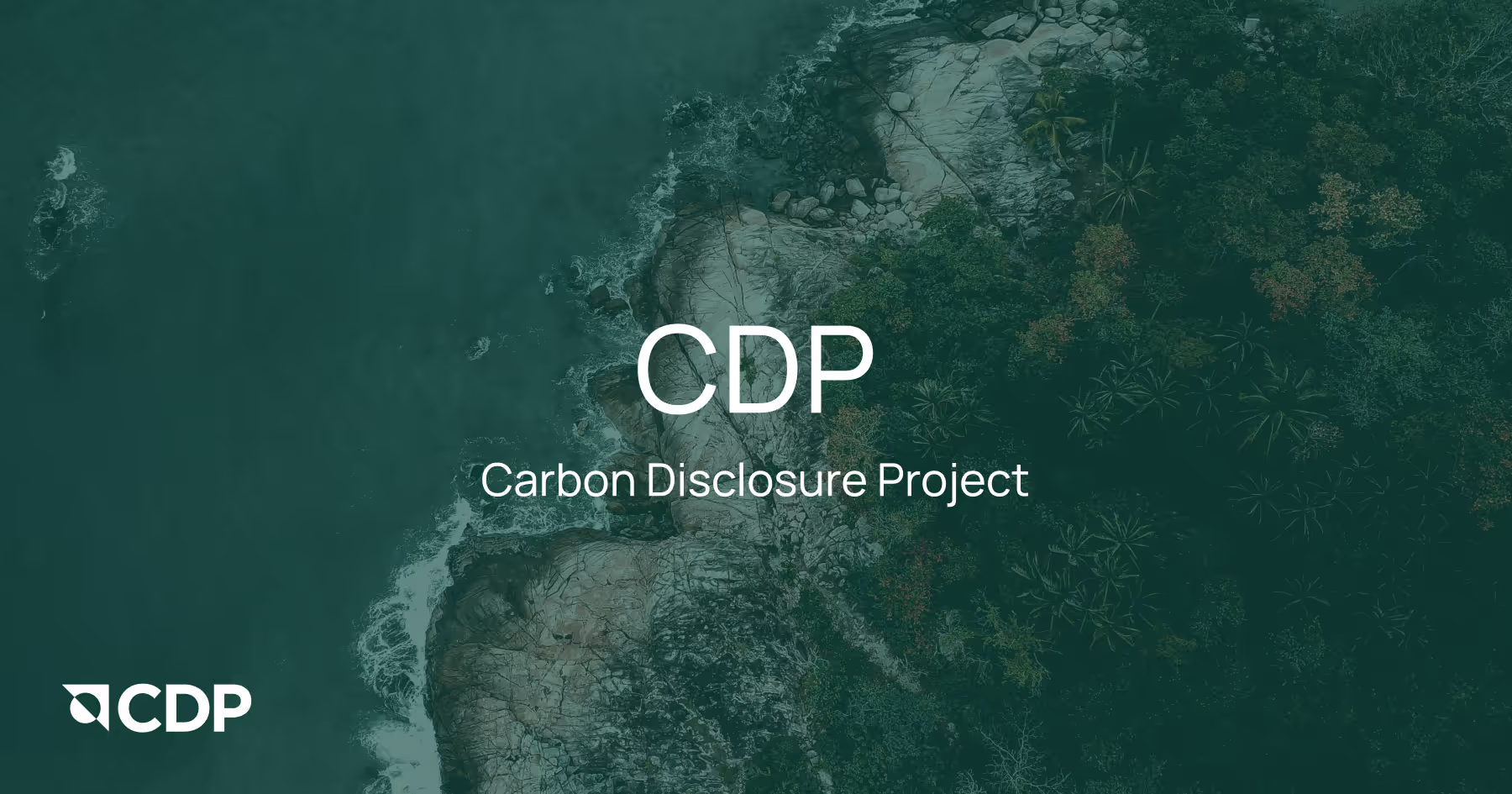



%20Arbor%20Canada.avif)
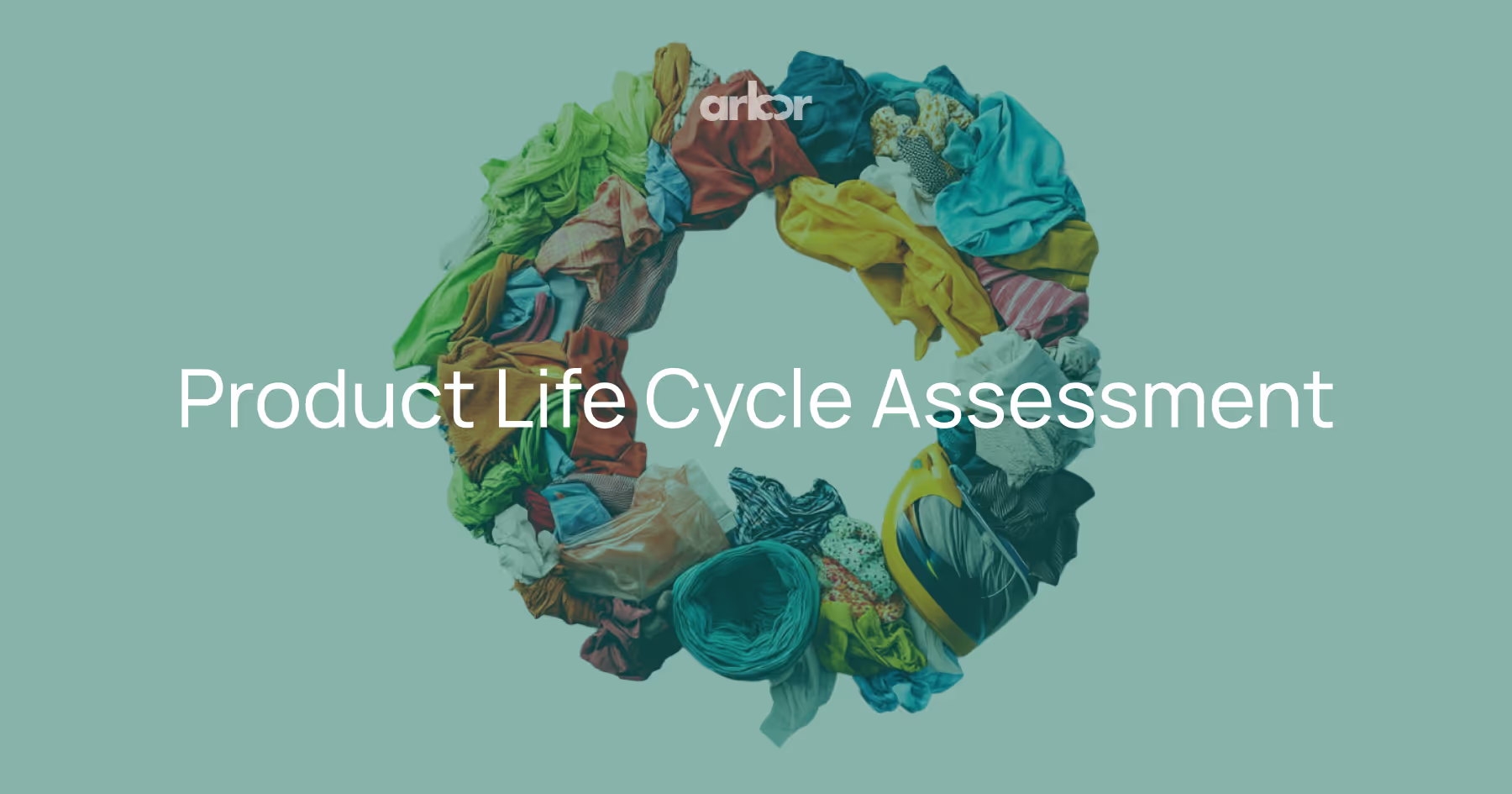
.avif)
%20Arbor.avif)
.avif)

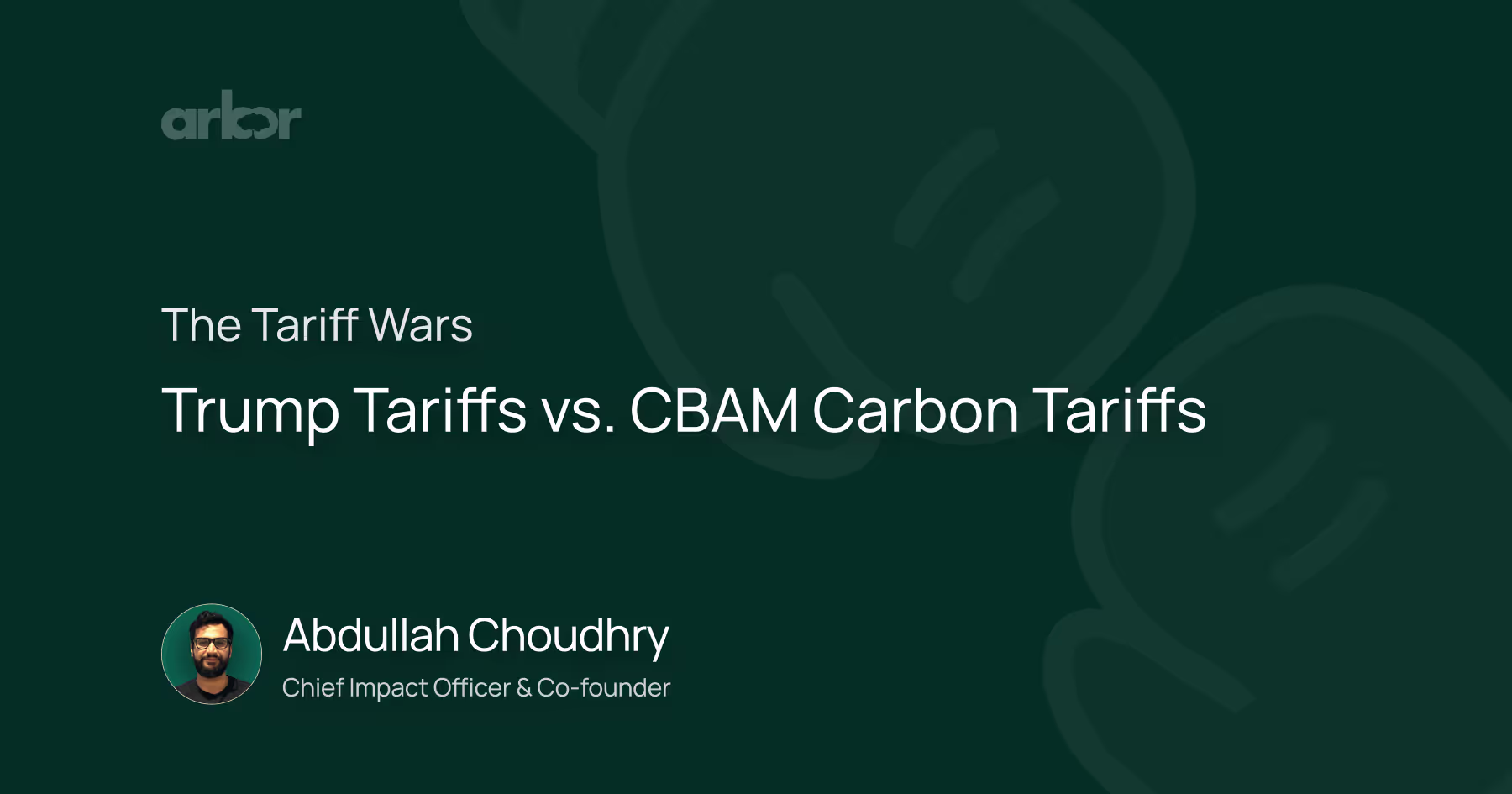
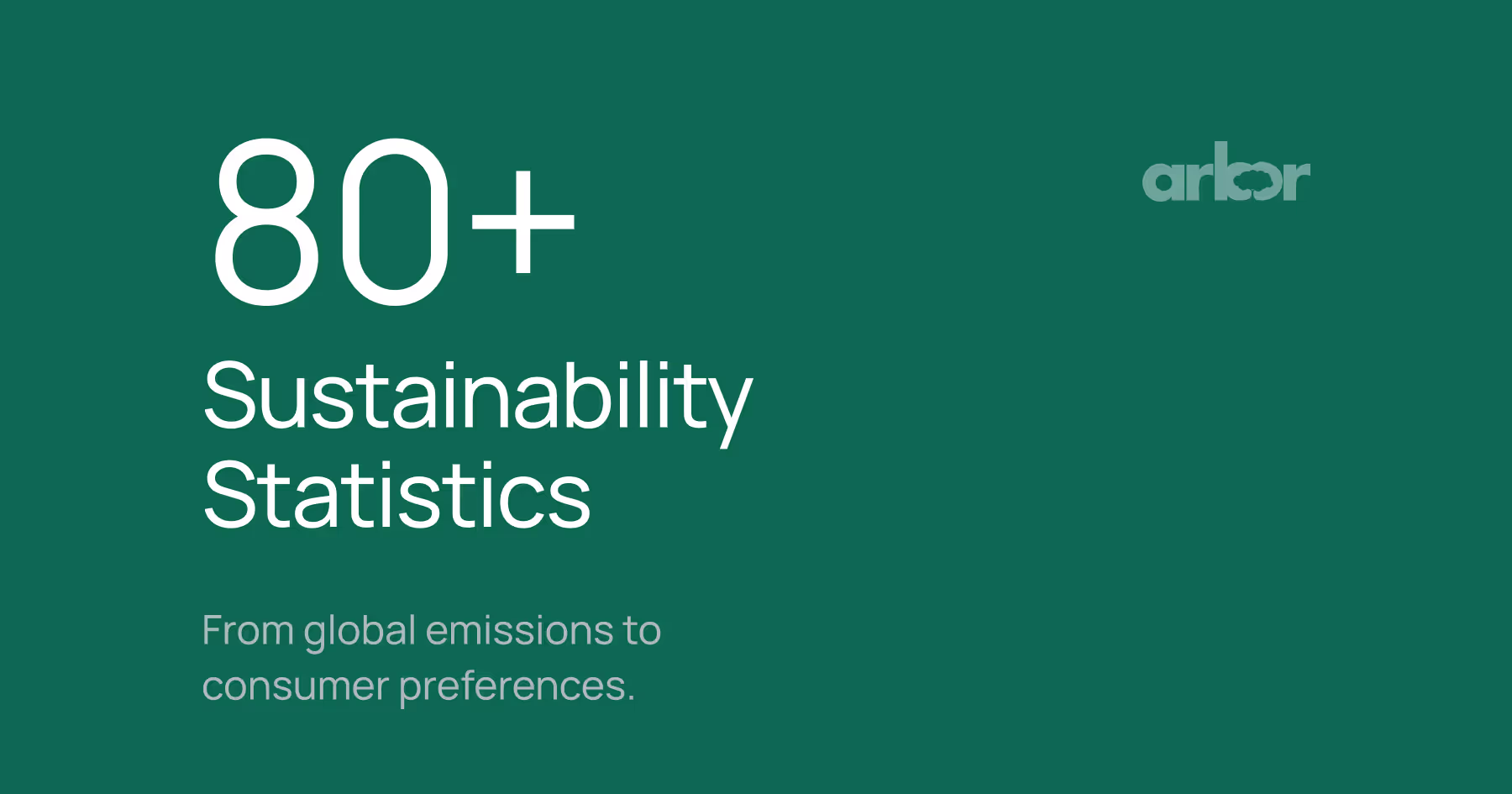
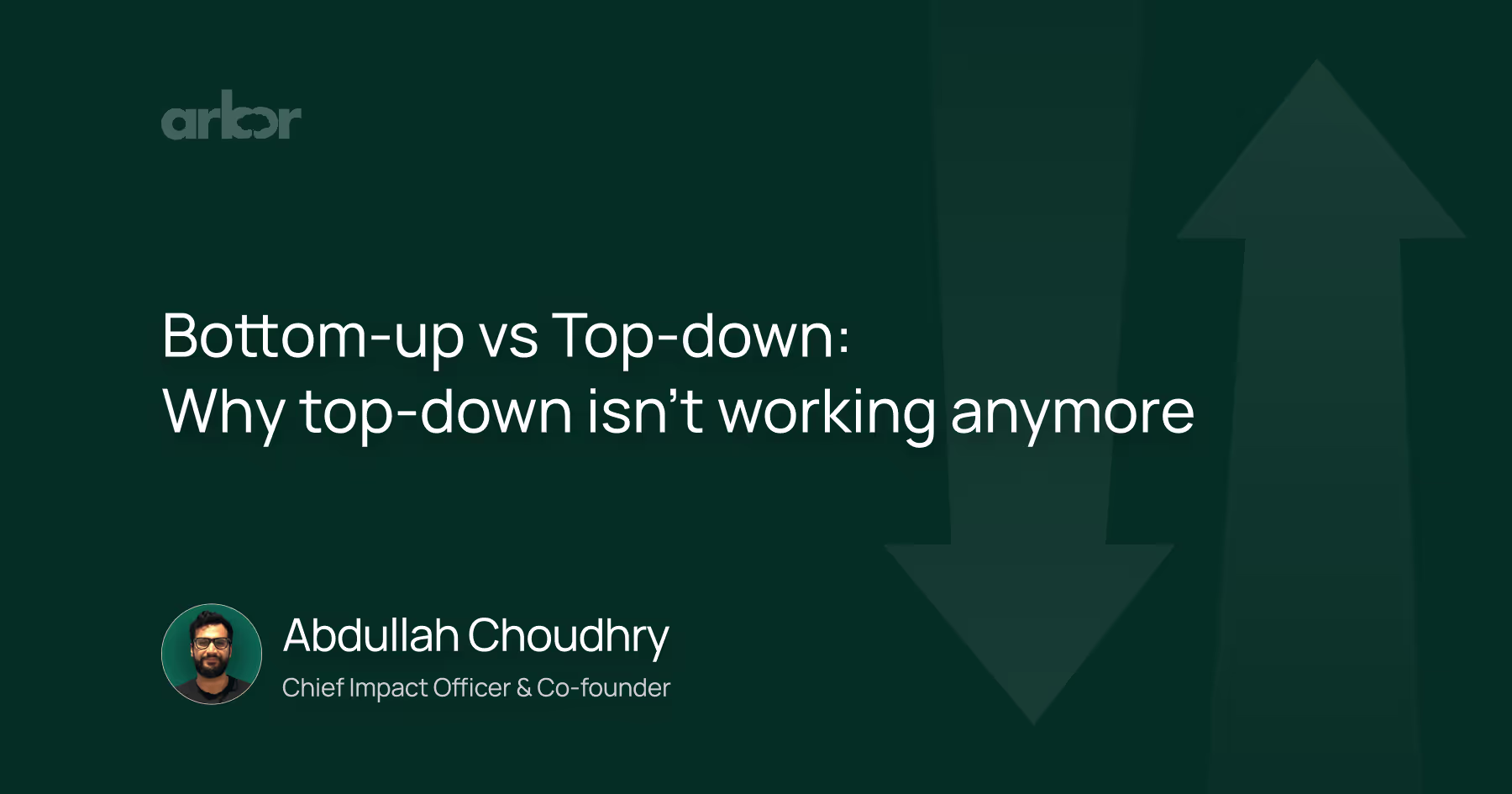
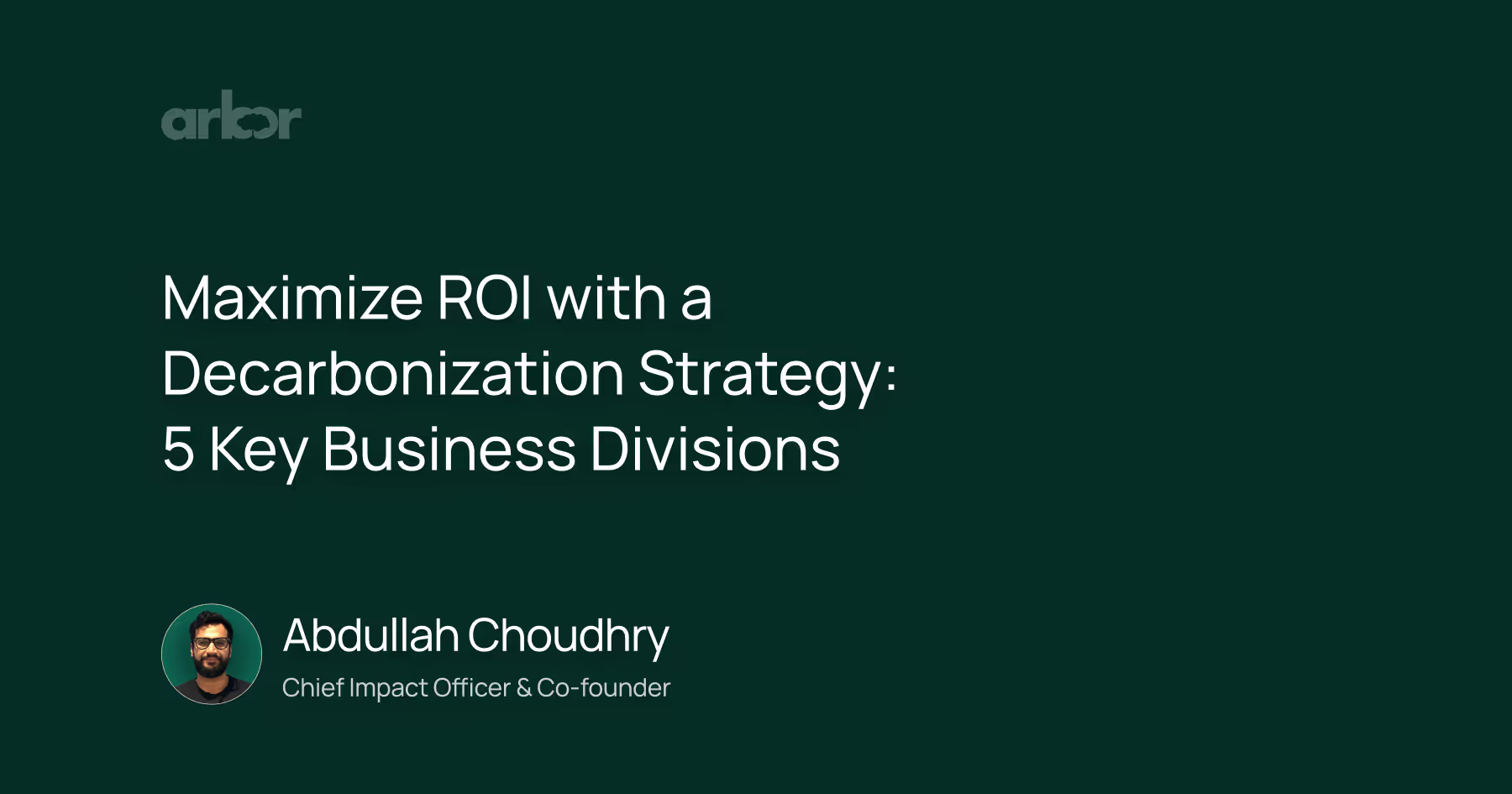

_.avif)
.avif)
%20Arbor.avif)




%20Software%20and%20Tools.avif)





.avif)
.avif)
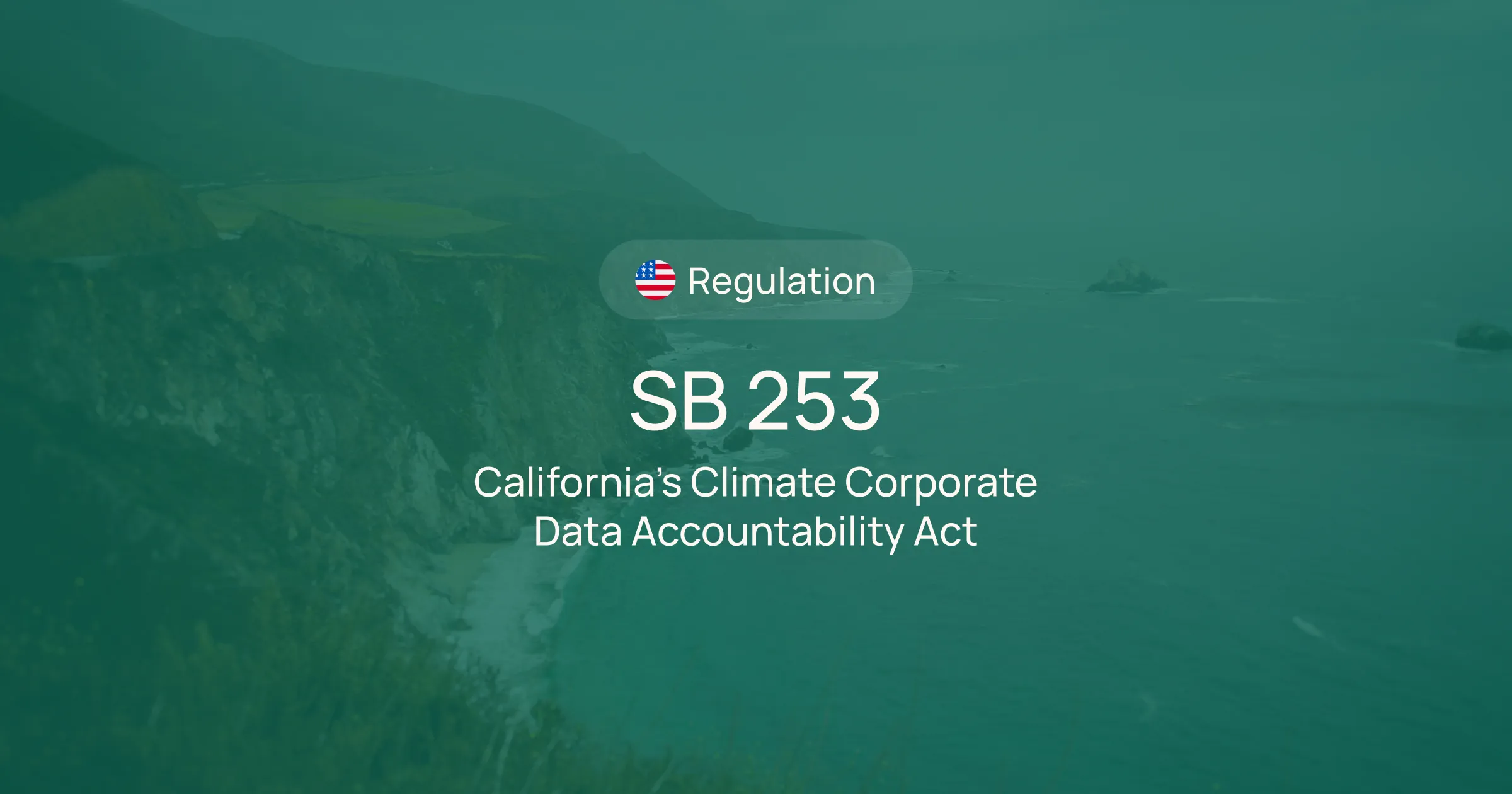



%20EU%20Regulation.avif)












.avif)


%20Arbor.avif)









_%20_%20Carbon%20101.avif)







.avif)








